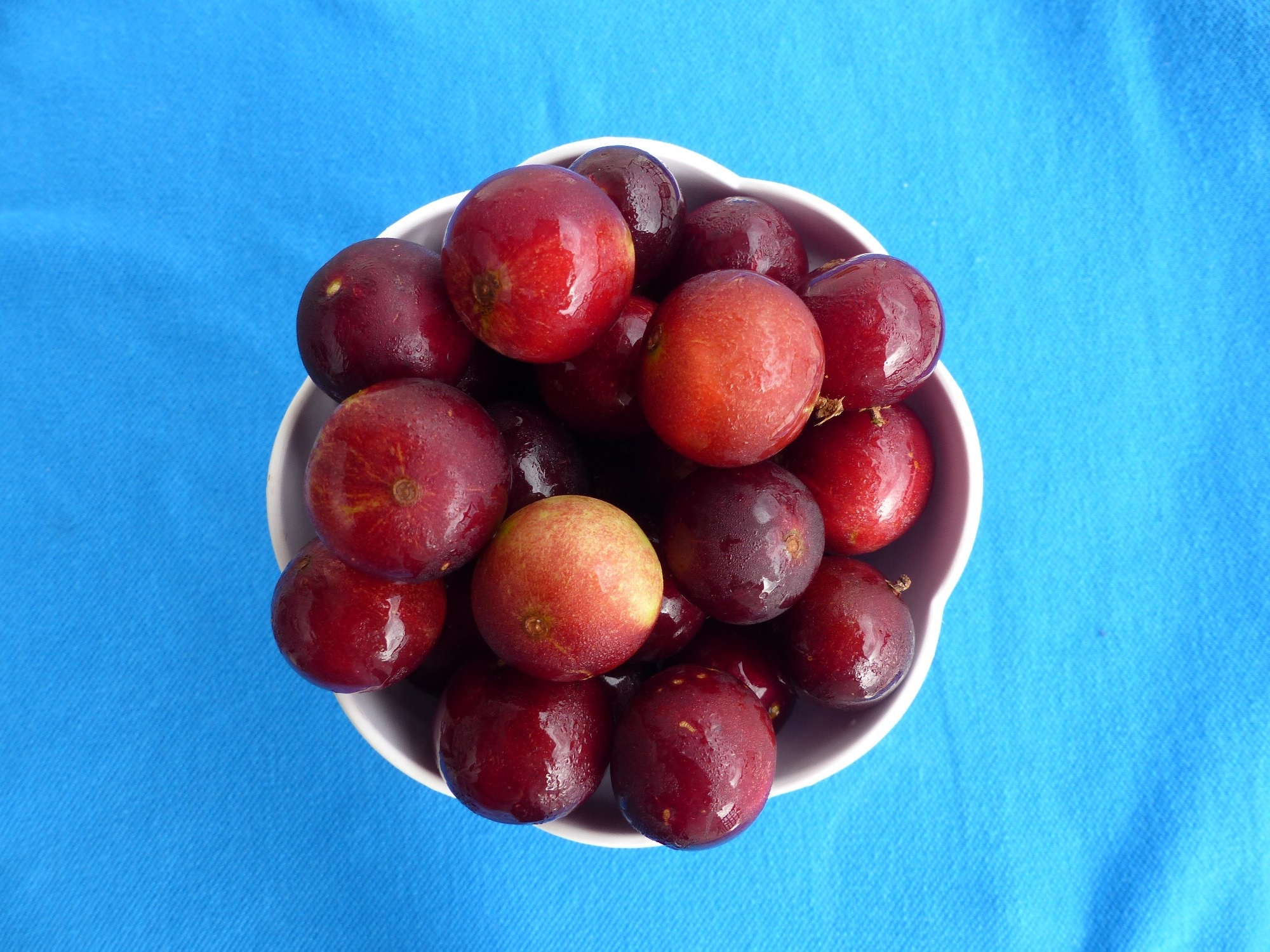Frailty affects 10% to 15% of older persons and is causally associated with various age-related physiological changes. The need for research in the prevention and treatment of frailty is highlighted by the absence of effective therapies for frailty. Identifying risk factors associated with frailty is crucial for creating interventions that can delay, undo, or prevent its onset. A meta-analysis of several studies found that following a healthy dietary pattern may reduce the risk of frailty onset by 50% to 70%. Flavonoids have the potential to reduce inflammation and frailty development by mitigating the accumulation of oxidative stress and targeting the reduction of age-related senescent cells.
 Study: Higher intake of dietary flavonols, specifically dietary quercetin, is associated with lower odds of frailty onset over 12-years of follow-up among adults in the Framingham Heart Study. Image Credit: guentermanaus / Shutterstock
Study: Higher intake of dietary flavonols, specifically dietary quercetin, is associated with lower odds of frailty onset over 12-years of follow-up among adults in the Framingham Heart Study. Image Credit: guentermanaus / Shutterstock
About the study
In the present study, researchers investigated the relationship between dietary flavonoids, including their subclasses and quercetin, and the onset of frailty in adults.
Framingham Heart Study (FHS) is a research study that began in 1948 with 5,209 participants. It aims to examine cardiovascular disease and familial risk factors. Between 1971 and 1975, researchers enrolled 5,124 children of the original enrollees in the FHS to study how family history and genetics contribute to the development of cardiovascular disease. In-person examinations are performed every four years in each FHS cohort.
This study is a prospective cohort study involving middle-aged and older adults examined for diet, frailty, and related covariates at baseline, along with a follow-up frailty evaluation performed from 2011 to 2014. The individuals included in the study did not have frailty at the start of the study and were from the FHS Offspring study.
The baseline examination of the study used a validated Willett Food Frequency Questionnaire (FFQ) to assess dietary intake. The participants answered a self-administered FFQ, which reflected their food intake from the past year. The total intake of flavonoids was determined by summing up the intake of various subclasses, including flavanols, anthocyanins, flavan-3-ols, flavanones, flavones, and polymeric flavonoids, all of which were measured in milligrams per day using the FFQ. The consumption of specific flavonoid subclasses was also estimated using the FFQ.
Frailty is characterized as a geriatric syndrome using a modified version of Fried's frailty phenotype. It is identified by the detection of at least three of the specified outcomes: (1) Self-documented unintentional weight loss of over 4.5 kg in the past year, (2) Self-reporting exhaustion by answering 'most of the time' or 'occasionally a moderate amount of time' to either of the two Center for Epidemiologic Studies Depression Scale (CES-D) questions like 'I felt that everything I did was an effort' or 'I could not get going' reported experiencing exhaustion, (3) Slow speed of walking, (4) Weak grip strength, (4) Low physical activity.
Results
Out of the 5,124 individuals who participated in the FHS, almost 3,030 answered the dietary examination at baseline. A total of 1,826 individuals underwent frailty assessments at baseline as well as follow-up. The study analyzed 1,701 individuals, with 55.5% being women with an average age of 58.4 years. The average daily intake of flavonoids was 309 mg. Furthermore, the average daily consumption of flavonols was 13.6 mg, while the mean intake of quercetin was 9 mg per day.
During a 12-year follow-up period, 224 people developed frailty. A 3% decrease in the odds of frailty onset was observed with every 50 mg/day increase in total flavonoid intake in the age and sex-adjusted model 1. After adjusting for energy intake, CES-D, current smoking, cancer diabetes, and cardiovascular diseases in model 2, the association did not change significantly in magnitude, but it did become non-significant. No significant interactions were found between total flavonoids and sex or age in model 2. Flavonoid subclasses exhibited a correlation ranging between 0.23 and 0.95.
Higher intake of flavonols was found to be associated with a lower risk of becoming frail, with each 10 mg/day increase resulting in a 20% reduction in odds. The associations remained unchanged after adjusting for other variables in model 2. Model 2 showed no notable connections for flavones, anthocyanin, flavan-3-ols, flavanones, or polymeric flavonoids. A higher intake of quercetin by 10 mg/day was linked to a 35% decrease in the likelihood of developing frailty over a period of 12 years. The associations remained unchanged after further adjustment in model 2. Model 2 did not show any associations between quercetin consumption and age or gender.
Conclusion
The study findings found that while overall flavonoid intake did not have a significant association with frailty onset among middle-aged and older adults, higher consumption of flavonols, particularly quercetin, was linked to a reduced likelihood of frailty onset. Anthocyanins were found to have a protective association against frailty onset, particularly in participants under 60 years old. The study suggested that dietary flavonols and quercetin may effectively prevent the onset of frailty. The authors believe that future research should prioritize exploring the potential of flavonols or quercetin in dietary interventions for treating frailty.